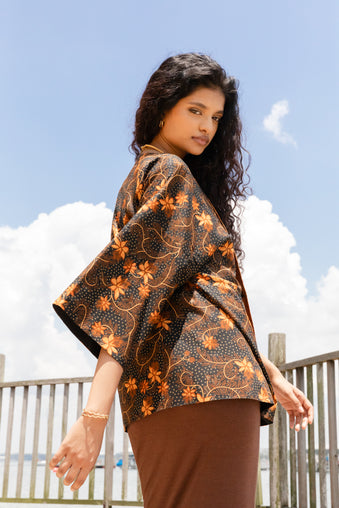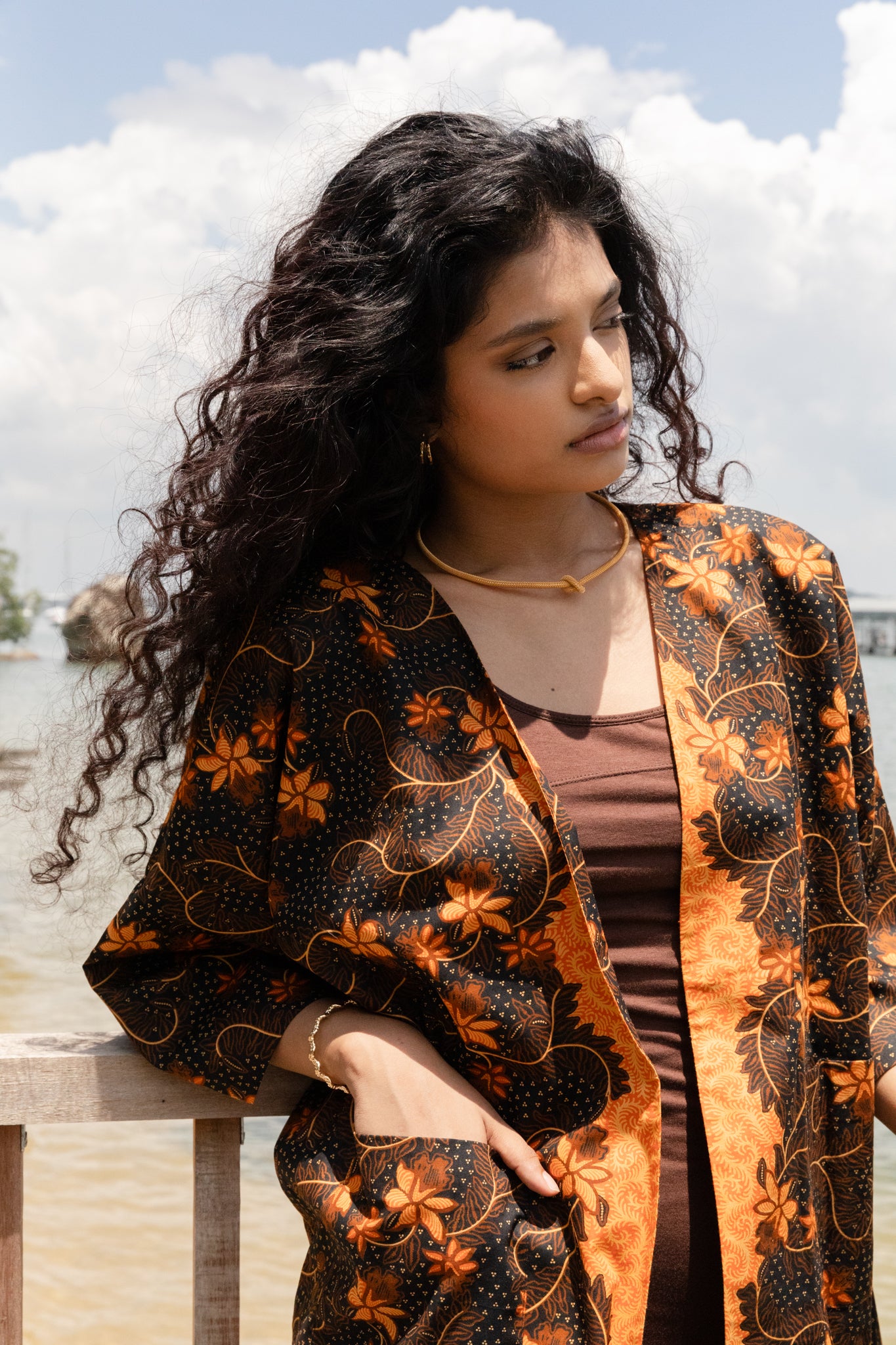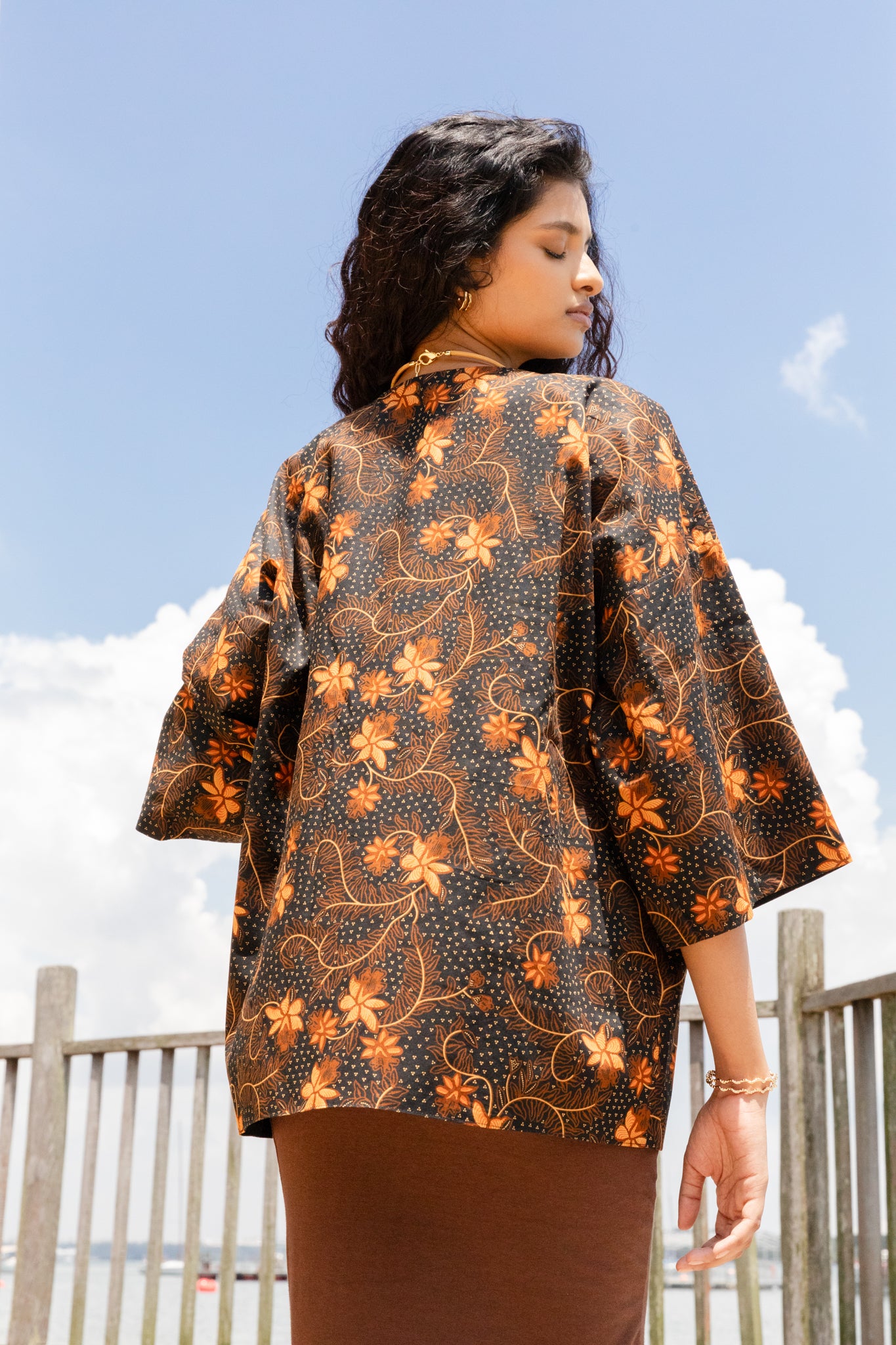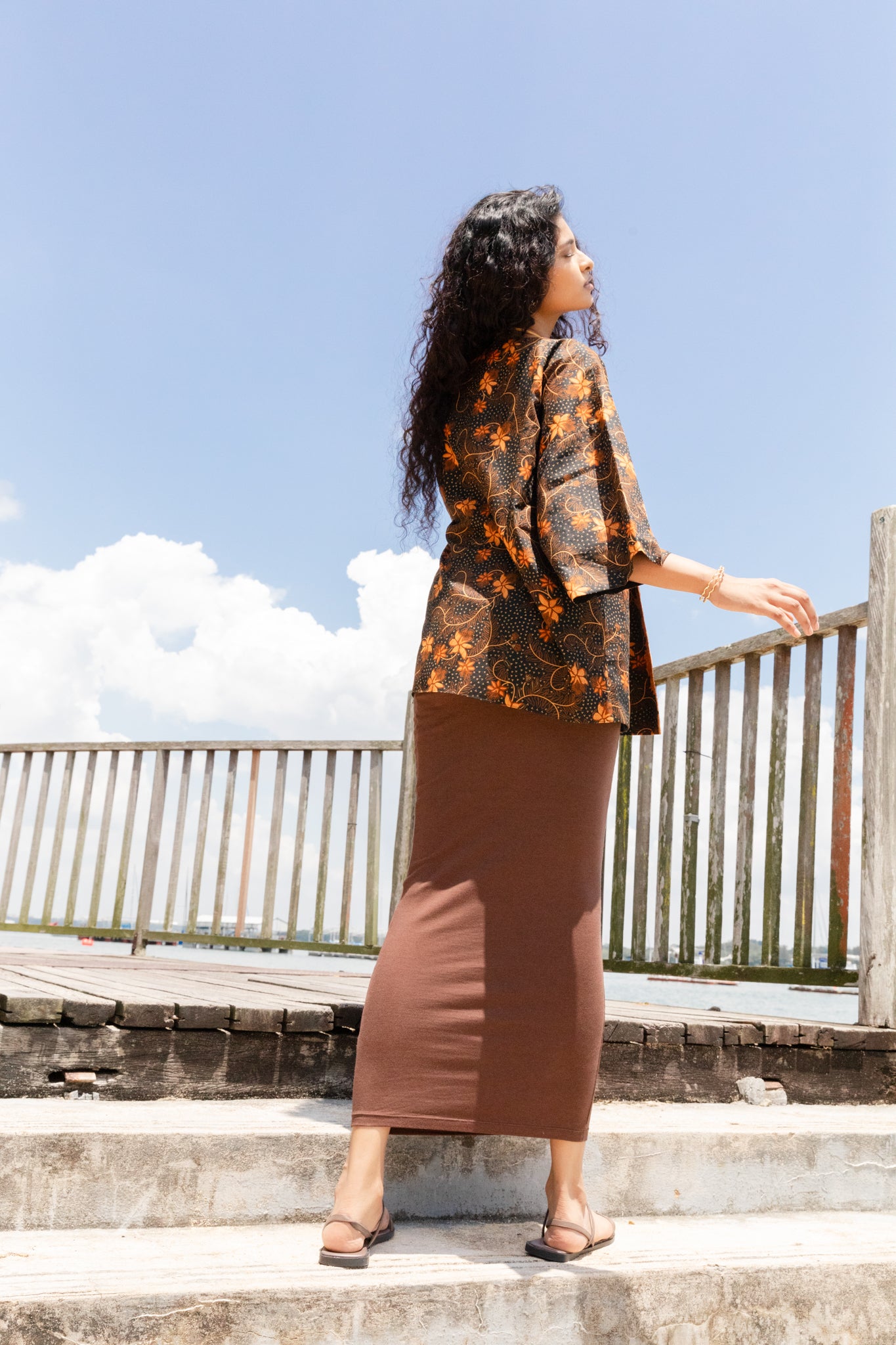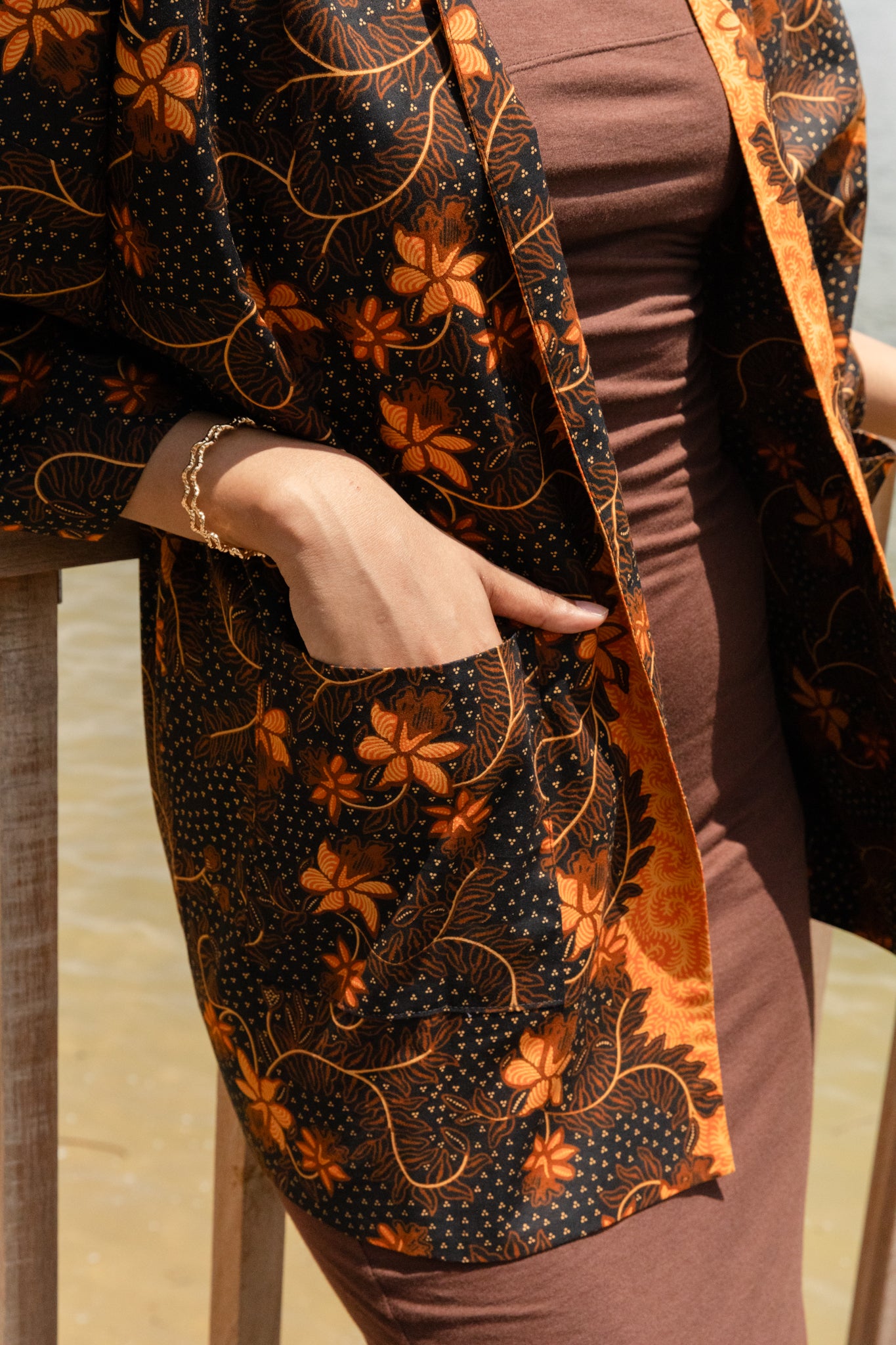Oct 15, 2020
Crit Talk: Enough room for everyone

Sya Taha and Nabilah Syed Sultan are the driving force behind Crit Talk, a safe space for alternative views in the Muslim community. In a conservative society where taboo topics are gaining traction from social media, discussions ranging from egalitarian marriages, divorce, sexism, gender, and sexuality are the norm at Crit Talk. This is not inclusivity for inclusivity’s sake. This is Crit Talk's foundational belief that there is enough room for everyone.

Sya Taha is a woman of many gifts. One in particular stood out to me: her appetite for knowledge. A long time friend of Gypsied, I admire her conviction and courage to ask difficult questions and debunk negative stereotypes. So when she started Crit Talk in 2017, I found it a natural extension of her being. Drawing from a well of personal experiences as a young Muslim woman in a conservative society, she has an astute sense for life's intricacies. With Sya, it is no-holds-barred authentic connections expressed with intellect and logic.
Sya, please share when and how Crit Talk began.
Sya: I went to Colombo, Sri Lanka in 2016 when a friend invited me to a discussion group for Muslims. The idea was based on a similar group in London where minorities got together to discuss topics relevant to the community.
When I got back to Singapore, I thought of starting something similar too. I felt that we needed a similar space here. ‘We’ meaning young Muslims who have questions. Trying to find our identity; our faith; and to understand why we believe what we believe.
We started organising Crit Talk sessions on a voluntary basis in 2017. Later in 2018, we benefited briefly from AWARE's Power Fund.
Together with my colleague at that time, we had our first session in 2017 on Femininity and Masculinity. We were quite scared, and only invited people that we knew. I think there were only 10 people - six women and four men.
'We' meaning young Muslims who have questions. Trying to find our identity; our faith; and to understand why we believe what we believe.
- Sya

The first thing that struck me about Nabilah Syed Sultan was her presence. A former art and literature teacher, she is no stranger to facilitating ideas and commanding a classroom – evident by her elegant poise and measured tone throughout the interview.
Nabilah candidly shares about her time as an educator, and her conscious decision to embark on new adventures.
Nabilah, tell me about yourself!
Nabilah: I taught literature and art in a secondary school for about seven years! I felt so blessed to be able to share my passion and love for them with my students. I wanted my students to see how literature and art are deeply entangled with their understanding of themselves and the world.
I left the service partly because I felt I wasn’t growing and learning anymore. I felt stagnant, doing the same things over and over again and wanted something more - to create opportunities for myself to experience and experiment with new things. I was also curious to explore ways to influence systemic change in Singapore’s educational landscape from the ground up.
These thoughts came during a period of my life while living abroad in Amman, Jordan for a year. It felt good to reconnect with myself! I could slow down a little and started waking up feeling excited about my day again.
Today I am with an educational start-up called Praxium. Our mission is to shift and reinvent education, believing that Singaporean students deserve so much more! We run programmes to help students understand the careers they are interested in. How then do we take this interest, nurture them further through a mentorship and a creation of portfolio until universities and employers cannot reject them?
How did you start getting involved with Crit Talk?
Nabilah: I attended a Crit Talk session about homosexuality in 2017. Back then, I held more close-minded perspectives about the LGBT community. At that point in my life, I was looking to be involved in more critical discussions about alternative views. So I went anyway, and it was quite an unforgettable experience for me. I couldn’t stop thinking about everything. I remembered the diversity. I remembered how everybody could speak and nobody was shut down.
I’ve been following Crit Talk closely ever since. This year, Sya asked: "Do you want to come on board? I am looking for a new partner." I think I said no at first because I'm like, what? You want me to co-run something like this? I didn't feel I was capable enough. I just wanted to attend and listen.
But Sya showed me the ropes and I was comforted by her confidence in me. We don't talk about Islamic topics per se at Crit Talk, but I feel closer to God. I feel more authentic and aligned with myself right now.

Describe what happens at these workshops. How long is each session?
Sya: Each session is two hours long. We state our rules at the beginning of each workshop. Rule number 1: This is a safe space, and rule number 2 is the Chatham House rule.
In the early stages of running Crit Talk, we organised activities surrounding but not directly related to the topic.
For example during the first session on Femininity and Masuclinity, the activity required participants to make a list of “What makes the ideal Muslim man and woman?”.
After that, there was a twist to the activity. I said, "Okay, now everybody that identifies as a woman, look at the list you wrote about the ideal Muslim man, and see how much of it you fit in.”
The whole idea was to realise that we have double standards in society. Women have a lot to fulfil in order to be considered ‘the perfect woman’, whereas men are not held to the same standards. In fact, as long as you have a paying job, you are considered the ideal man!
Therefore the outcome of such workshops was for men to realise their privilege and develop empathy for fellow women.
Being an in-person and experiential workshop, how has Crit Talk coped with the pandemic?
Sya Taha: We organised workshops on Zoom. I think we have had three to four workshops on Zoom and experimented with new formats like inviting guest speakers during a session about divorce. During the partial lockdown, we had one every week!
At the end of a session we invite everyone to stay online, have a cup of tea from their respective locations and chat. This is just like our sessions in real life too because we often go for teh (tea) together afterwards and continue talking. So you become friends, building community in a way.
Nabilah: The pandemic coincided with me joining Crit Talk, so I have not held any physical workshops with Sya. But Zoom has been great because we have had people from Brunei, from Malaysia and even from Qatar joining our sessions.
Sya: We made a rule for participants to show their video on Zoom. Because the first time we did this online session, there were one or two participants who did not turn on their cameras. And it was weird. We got feedback that people felt unsafe. Ini orang betul ke dia spy ke apa? (Is this a real person or a spy?)
Nabilah: I mean we're talking about highly sensitive topics here, so we want people to feel safe online.
I remembered the diversity. I remembered how everybody could speak and nobody was shut down.
- Nabilah

During the lockdown, people started to look for or built communities online. I see that there are Instagram (IG) Live sessions too, how are they different from workshops?
Sya: That was actually Nabilah’s idea, to have an IG Live session for those who missed a Zoom workshop since we get requests asking for a topic to be repeated.
Nabilah: So it is actually a summary of the salient points of the Zoom workshop. For workshops, everybody needs to contribute to the discussion, you can't be passive. But with IG live, you can just sit down and listen. Though we do get a lot of engagement too. But you have about an hour before IG live cuts off, which has happened to us before. So funny! So we try to structure the discussion.
To hold space means listening without judgement. It means you're not listening to provide a solution. And often people feel better.
- Sya

The words safe space and hold space are used interchangeably today. Please share with us the origins of these phrases and how to use them correctly too.
Sya: To hold space means listening without judgement. It means you're not listening to provide a solution, you listen to provide a listening ear. No judging, just listen. And often people feel better. So that's when you hold space for a person.
Safe space means a space where you can relax and feel free to express yourself without fear that you will be judged based on your identity sexuality, gender, age, migrant status, so on and so forth.
We use the Chatham House rule. Interestingly, this rule was from peacekeeping negotiations, specifically from the political field. For example when you negotiate in places of political conflict and you have politicians come together, the rule states that you are free to use the information in the discussion, but without revealing the identity or affiliation of the person who said it.
Nabilah: A safe space is therefore an agreement between everybody who has attended a Crit Talk session, that your identity and what you say will be kept confidential.

Encouraging people to share their stories, even in a closed setting is no small feat. What do you wish Muslim women spoke more about?
Nabilah: I think conversations are important because they can empower others. But more importantly, do not be afraid. Be who you want to be. That's what I would tell my old self.
Sya: Talk about what you really want: what you really want to do, what you really want to achieve for yourself, and not what society tells you. Then that also opens your horizons a little bit. At the same time, seeing women who just do (what they want) as a role model. The modern hijabi, pilot hijabi, gymnast hijabi, ballerina hijabi, or no hijab even! We need people who do the doing. So people good at talking, do the talking; people who are good at organising, do the organising. We need people to do different things so that we can be role models for each other.
Nabilah: I think that's the beauty of faith, it is to get to know more about yourself and to learn from each other.
SHOP THE LOOK

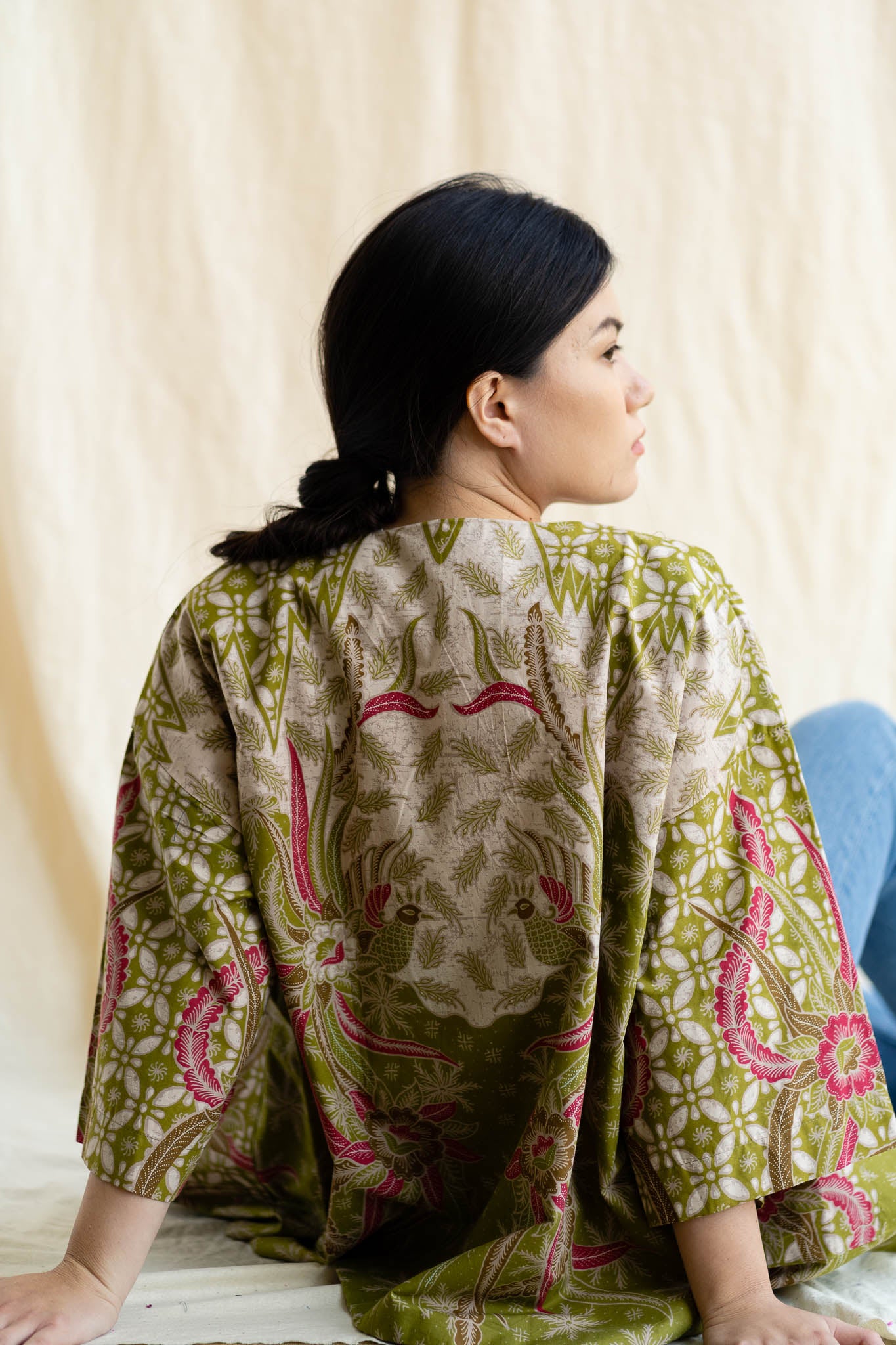
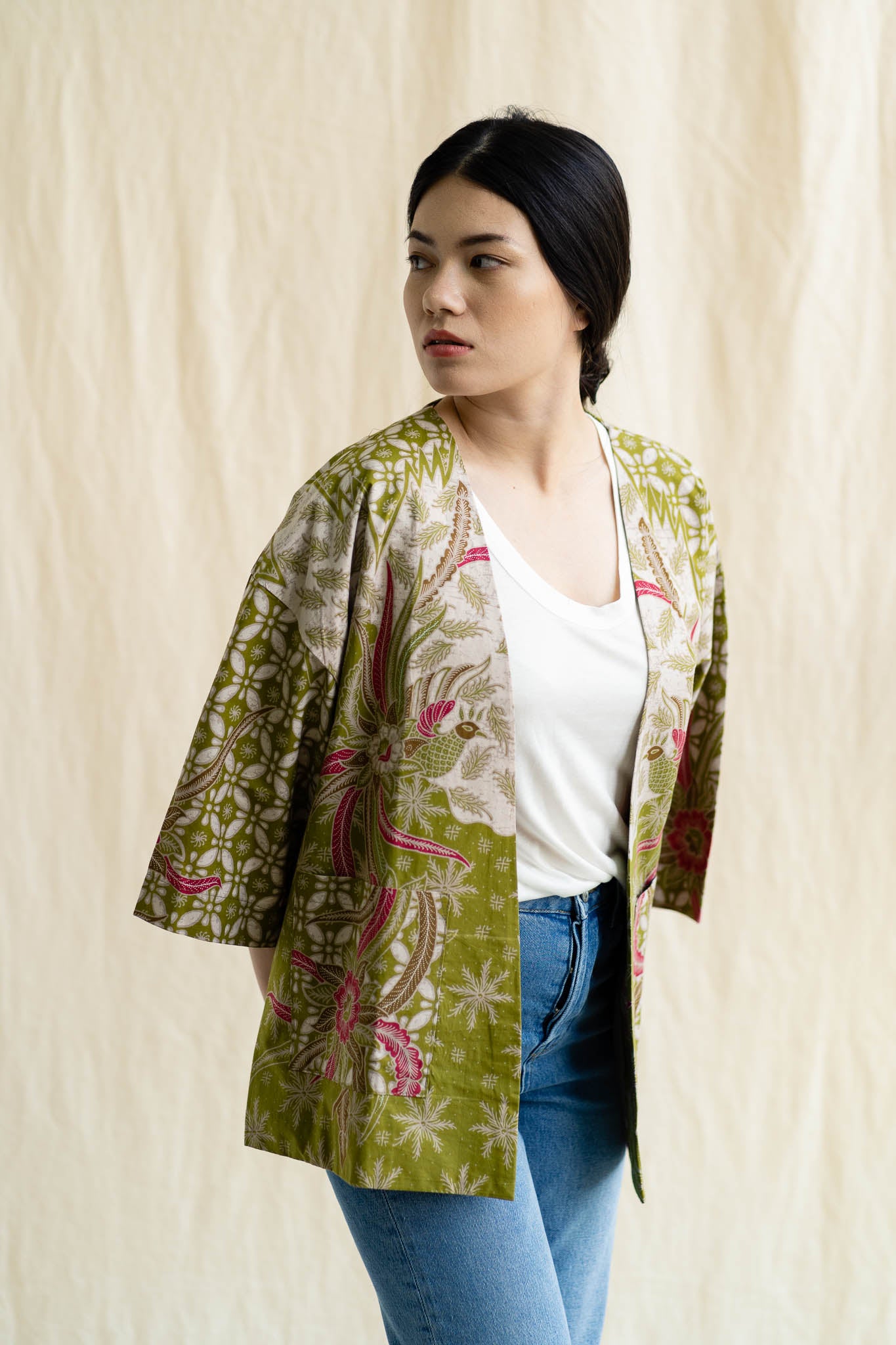


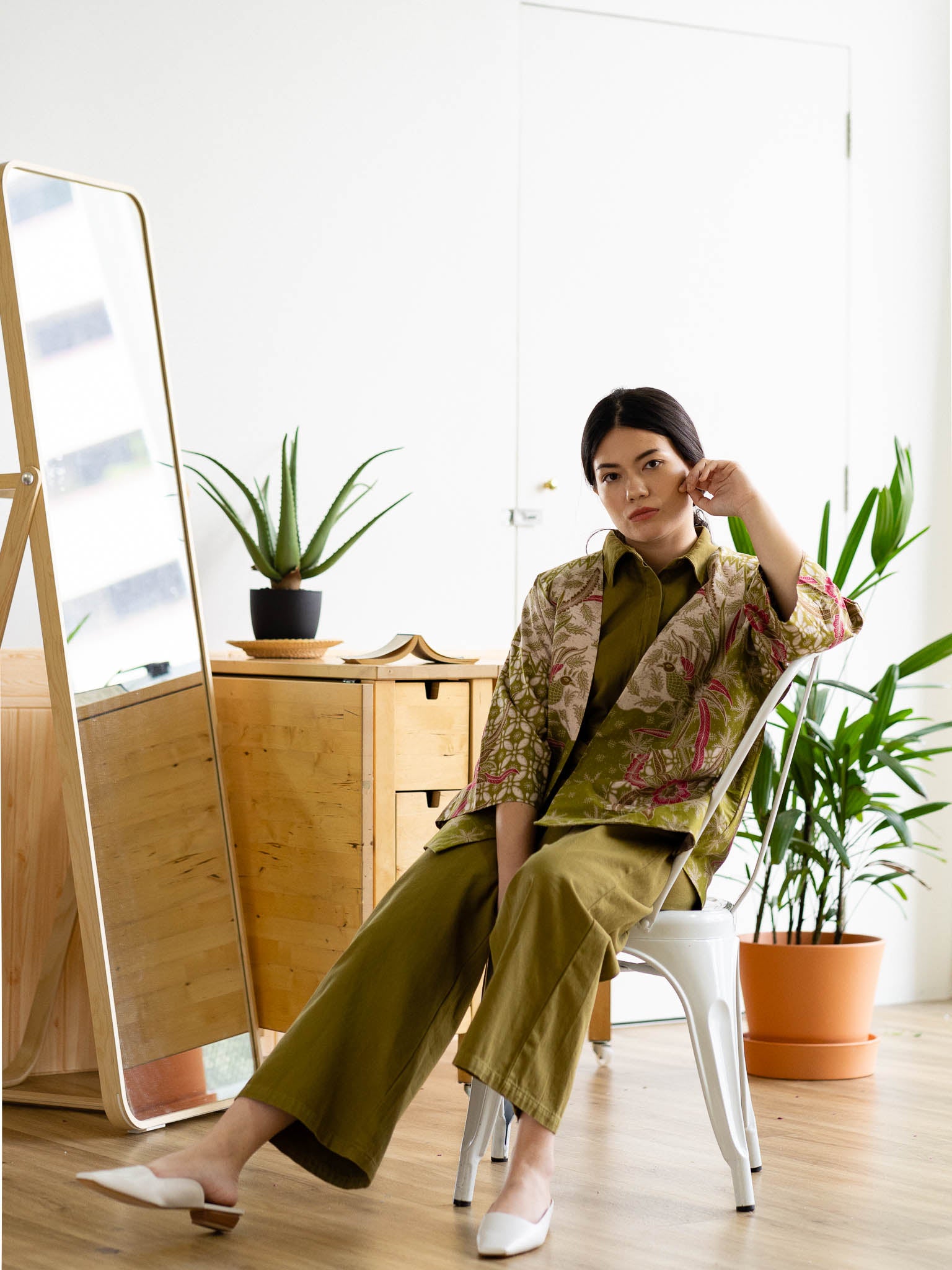
Batik Open Jacket | Vana

